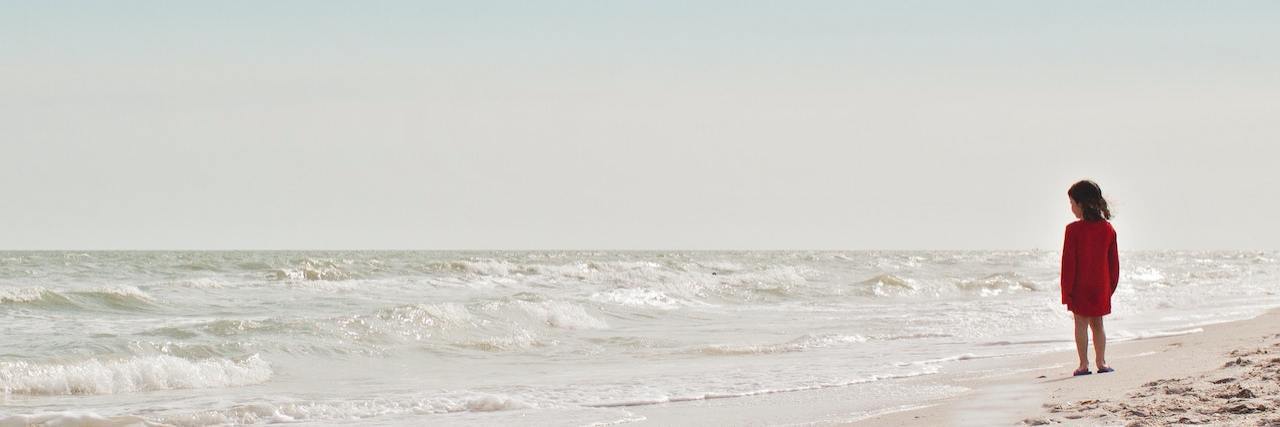I was the black sheep of my family. From the beginning, I was the odd one. On holidays I would go off on my own, losing myself in my books. I often had opinions that differed from the rest of my family and was told why I was wrong. I couldn’t seem to do anything right. I was the sensitive one, I “overreacted” to things and I was wrong to think I should be treated well. When my siblings bullied me, I was blamed. When I talked about what I wanted to do with my life, I was told it wasn’t a real science.
I was also a victim of abuse. This dynamic of being a victim and the black sheep at the same time furthered any belief I had regarding the abuse being my fault. Not only was I being abused, but all of these other things were being said and done to me so there had to be something wrong with me. The shame I felt was immense, which led to a lot of self-hatred and mental health issues as a result.
I imagined that some day things would be different. People always talked about how as they grew up eventually they became best friends with their parents or siblings. However, for me the black sheep dynamic continued. I continued to be victimized by family members. Then when I would set boundaries in an effort to protect myself, I was told all the ways it was my fault.
I maintained this narrative that I was the black sheep until a few years ago. I was reporting the childhood abuse I had experienced and the victim advocate was speaking with me afterward. I made the comment with an awkward laugh “yeah I am the black sheep.”
“No” she said, “you were the sacrificial lamb.” That small reframe was the first time I had ever thought of it differently. The first time it wasn’t about what I did wrong or who I was to their choices. It was powerful.
Today while scrolling on social media I saw a meme: “the black sheep turns into the goat.” My interpretation of this was the person who speaks out against the things that were wrong. The one who makes some noise. If you are the black sheep I encourage you to look at it differently. You are not the black sheep because of who you are, but rather because of other people’s issues that they need to work on.
Photo by Danielle MacInnes on Unsplash


